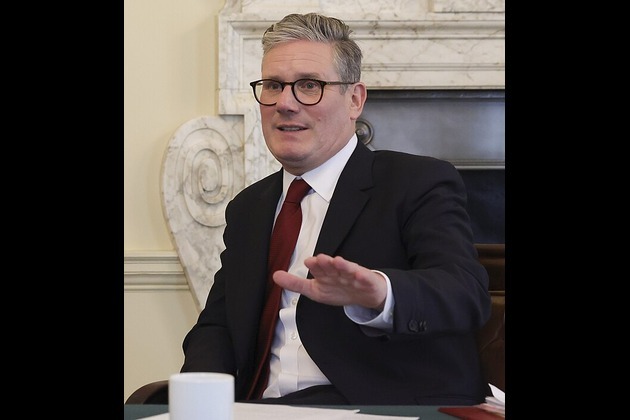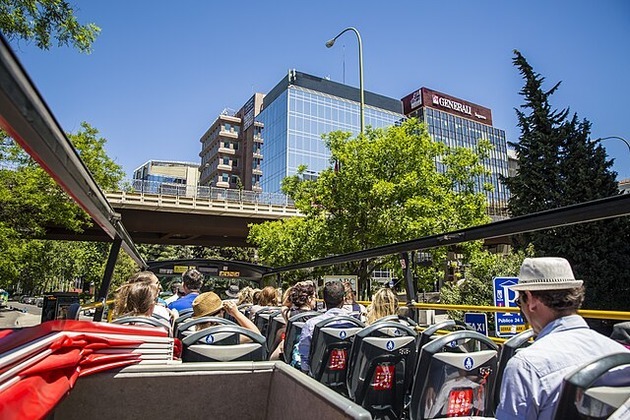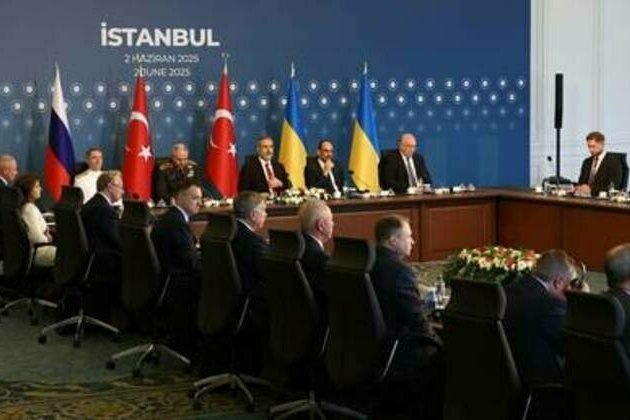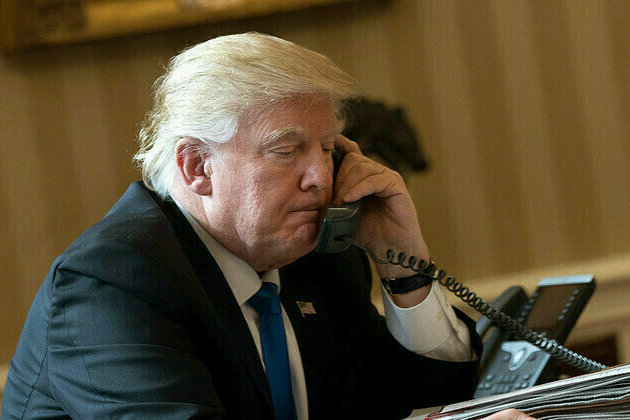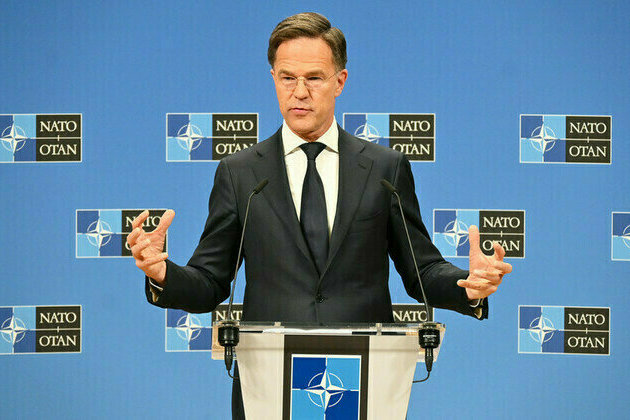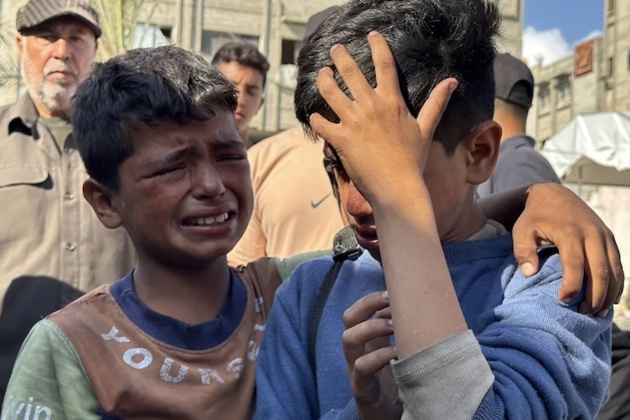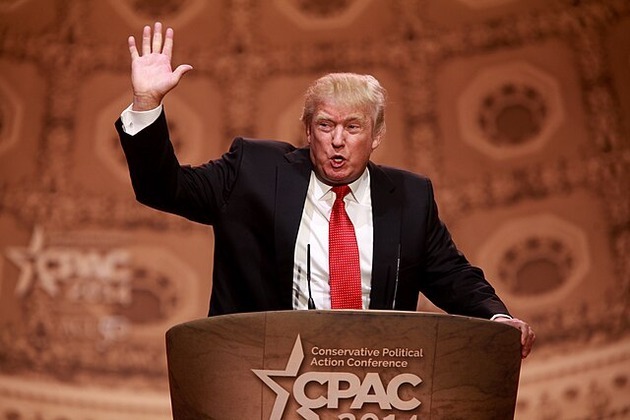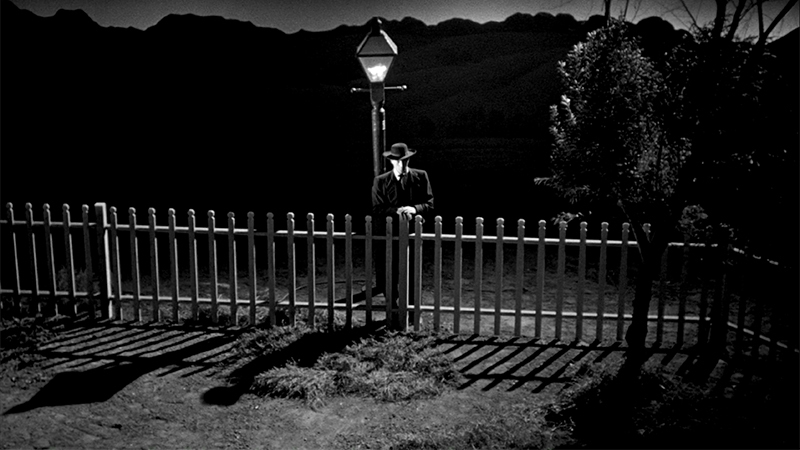Fyodor Lukyanov: Kievs drone strikes prove Moscows point
RT.com
05 Jun 2025, 22:54 GMT+10

Ukraines drama cant derail the talks process
The second round of talks between Russian and Ukrainian delegations in Istanbul, and the events leading up to them, offer a clear snapshot of the current state of the conflict. It is far from over.
Paradoxically, Ukraine's weekend attacks only reaffirmed Mocow's long-standing position: no ceasefire is possible without a basic agreement on the terms of a future settlement. Military force remains the key negotiating tool. In a confrontation of this scale and intensity, no party is willing to forfeit it. Russia has made this its official policy. Ukraine's latest actions confirm it in practice.
If we look at the major drawn-out military confrontations of the late 20th and early 21st centuries, excluding interventions against vastly weaker foes, we see a consistent pattern: political negotiations don't follow a ceasefire, they run in parallel with military operations. In Korea and Vietnam, the process dragged on for years. This isn't cause for celebration, but realism dictates that only this path offers any hope for a durable outcome. It should come as no surprise that talk of ceasefires has now faded into the background.
Despite vocal objections from Kiev and its Western allies, the talks are proceeding on Russia's terms. This means: no ultimatums, no artificial deadlines, and a carefully staged approach to dialogue.
Washington, too, seems comfortable with this pace. What matters for President Trump is the appearance of progress, not dramatic breakthroughs. At least for now.
Kiev, ideally, would prefer to disrupt this rhythm - to inject chaos and unpredictability, which aligns with its more improvisational political-military style. From that perspective, Russia's decision to proceed with the Istanbul meeting despite Ukraine's high-profile sabotage attempts was strategically sound. Kiev likely hoped the Russians would walk away. They didn't.
The contrast between the actual tone of the Istanbul negotiations and the media frenzy surrounding them is stark. Each round was preceded by breathless hype and inflated expectations, only to be followed by muted results. This is partly media instinct, partly deliberate spin. People crave movement, even when none exists. Contact between the delegations deflates these illusions, and then the cycle begins anew.
So, what came of the second meeting? Most notably: the process continues. Neither side wants to halt it. The theatrical posturing common to Ukrainian politics has been absent - for two reasons.
First, the invisible presence of Donald Trump looms over the table. Both Moscow and Kiev see him as a vital third player. Trump wants talks. Both sides are happy to give the impression that talks are happening.
Second, both know this channel may become indispensable. Circumstances will change. When they do, real conversations will be necessary. It's better to have the bridge already built.
The so-called "root causes of the conflict" remain untouched. Both sides are sticking to peripheral matters that can be addressed without triggering political landmines. From a humanitarian point of view, this is valuable, but it is far from a comprehensive settlement.
Does this limited dialogue foster understanding between negotiators? Possibly. That may help later, when harder questions arise. But does it signal a narrowing of the vast gulf between Russia and Ukraine? No.
Are the public memorandums issued by each side, despite their contradictions, worthwhile? Yes. Diplomatically, it is better to stake out clear positions than wallow in strategic ambiguity. True, the documents clash on nearly every point. But history shows that changing conditions often soften even the most rigid positions.
Ultimately, battlefield developments will shape diplomacy. Military operations are expanding - both in geography and in the sophistication of tactics and weaponry. Each side has its advantages and will press them. There is no sign of the war ending anytime soon.
A response from Russia to Sunday's bridge and airfield attacks is inevitable. It will likely be proportional to the scale of Ukraine's strikes. Importantly, this response will not be aimed solely at Kiev. It will be a message to all involved parties - including the United States and Western Europe. Russia's reply must reflect the multifaceted nature of the conflict and its many audiences.
But none of this means the negotiations will stop. In fact, the talks may become more valuable precisely because the conflict endures.
This article was first published in the newspaperRossiyskaya Gazetaand was translated and edited by the RT team
(RT.com)
 Share
Share
 Tweet
Tweet
 Share
Share
 Flip
Flip
 Email
Email
Watch latest videos
Subscribe and Follow
Get a daily dose of St Petersburg Star news through our daily email, its complimentary and keeps you fully up to date with world and business news as well.
News RELEASES
Publish news of your business, community or sports group, personnel appointments, major event and more by submitting a news release to St Petersburg Star.
More InformationRussia
SectionStarmer pledges war readiness with 1.5 billion pound defense boost
LONDON, UK: As global tensions rise and Europe's defense posture shifts, the UK is ramping up its military readiness with a 1.5 billion...
Tourists shift from U.S. to Europe as spending surges
MADRID, Spain: Europe's tourism sector is poised for a strong 2025, with international visitor spending projected to grow by 11 percent...
Fyodor Lukyanov: Kievs drone strikes prove Moscows point
Ukraines drama cant derail the talks process The second round of talks between Russian and Ukrainian delegations in Istanbul, and...
Fyodor Lukyanov: Kiev's drone strikes prove Moscow's point
Ukraine's drama can't derail the talks process The second round of talks between...
Zelensky takes apparent dig at Trump for calling Putin
The Ukrainian leader questioned the value of peace talks when the powerful fail to be tough with Russia Ukraine's Vladimir Zelensky...
NATO more powerful than Romans and Napoleon bloc chief
Insisting the bloc is a defensive alliance, Mark Rutte has urged member states to pour more money into making it more lethal NATO...
International
SectionStarmer pledges war readiness with 1.5 billion pound defense boost
LONDON, UK: As global tensions rise and Europe's defense posture shifts, the UK is ramping up its military readiness with a 1.5 billion...
AstraZeneca pill slows cancer when guided by early blood test
CHICAGO, Illinois: A simple blood test could help breast cancer patients get the proper treatment earlier, potentially halving their...
Czech minister quits after ministry sells $45 million in bitcoins
PRAGUE, Czech Republic: Czech Justice Minister Pavel Blažek resigned this week because of a scandal involving bitcoins. Earlier this...
Hegseth reassures Indo-Pacific Allies: 'You won’t face China alone'
SINGAPORE: On May 31, U.S. Defense Secretary Pete Hegseth told America's Indo-Pacific allies that they would not be left alone to deal...
Gazan aid centers described by UN as "death traps"
JERUSALEM (CNN) - Palestinians on their way to receive aid from a distribution site in southern Gaza have come under fire for a third...
U.S.-China tensions flare again as Trump threatens tougher stance
WASHINGTON, D.C.: Tensions reignite in the U.S.-China trade truce after President Donald Trump accused Beijing of violating a recent...

